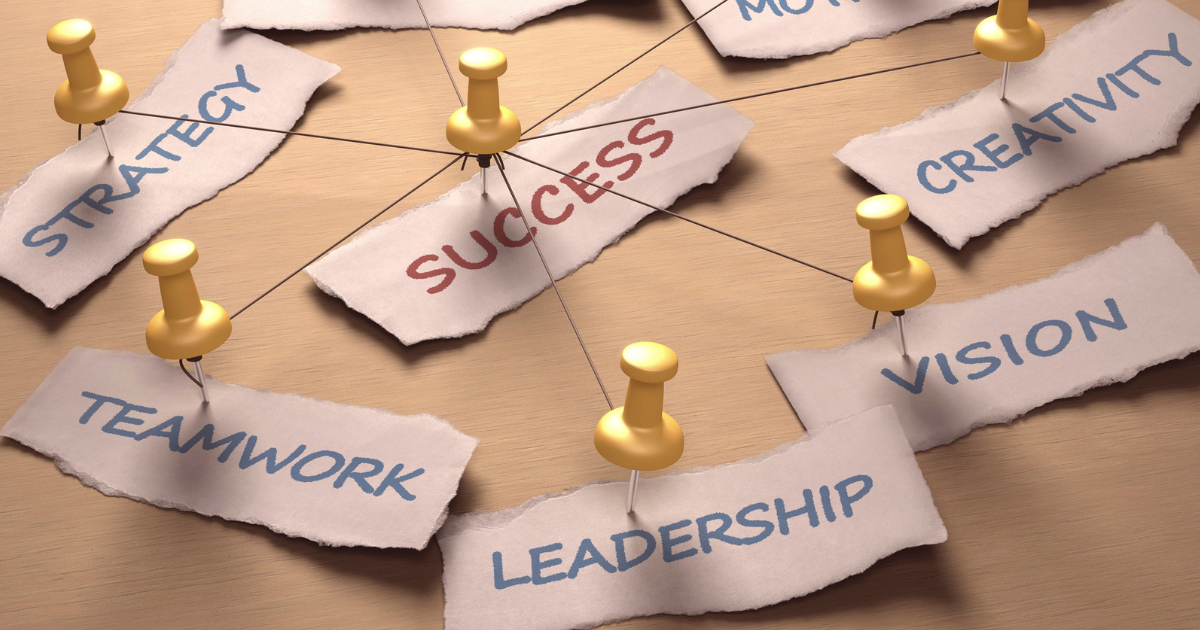Our recent Global Advisory Board meeting highlighted the evolving priorities in diversity, equity, and inclusion (DE&I) across industries. As organisations worldwide face new regulatory frameworks and shifting societal expectations, DE&I strategies are undergoing a transformation. To remain competitive and foster inclusive workplaces, businesses are increasingly embedding DE&I into their broader strategies. This approach reflects a global evolution in how companies address social responsibility and employee engagement.
Moving beyond standalone programs
A growing trend across regions is the shift away from standalone DE&I programs focused solely on protected characteristics. Legislative changes and broader organisational goals are driving this evolution, encouraging businesses to integrate DE&I into their core operations. This holistic approach moves beyond surface-level initiatives to foster authentic, meaningful inclusion.
Despite this shift, certain areas remain a priority. For example, there is a renewed focus on supporting people with disabilities and underrepresented communities, such as veterans. These groups are increasingly recognised for their unique contributions and the value they bring to organisations globally. By addressing their specific needs, businesses demonstrate their commitment to inclusive practices while accessing a wider talent pool.
Challenges in data collection and practical solutions
Accurately capturing DE&I data remains a challenge worldwide. Privacy concerns, cultural sensitivities, and varying legal frameworks add layers of complexity to data collection efforts. To address these challenges, organisations are adopting practical solutions that prioritise actionable insights over exhaustive data.
Innovative strategies include anonymised surveys and external audits, which provide valuable feedback while respecting individual privacy. Additionally, leveraging technology to track progress and identify gaps in DE&I initiatives can support informed decision-making across regions.
The role of younger generations and inclusion in sustainability
Younger employees are playing a pivotal role in reshaping DE&I priorities globally. Many feel that traditional DE&I frameworks fail to fully address their aspirations, highlighting the need for organisations to engage younger talent in shaping inclusive strategies. This ensures that DE&I remains relevant and impactful in diverse cultural and regional contexts.
Furthermore, DE&I is increasingly integrated into the wider sustainability agenda, reflecting a global recognition that social and environmental responsibility are interconnected. By aligning DE&I initiatives with sustainability goals, organisations can drive meaningful change that resonates with employees and stakeholders alike.
Shaping the future of DE&I
As we enter 2025, advancing DE&I requires a commitment to creating inclusive cultures that empower employees worldwide. Organisations must move beyond symbolic gestures and focus on fostering environments where diverse perspectives are valued and supported.
TALiNT Partners remains dedicated to helping businesses navigate these complexities. By sharing global insights and best practices, we aim to support organisations in integrating DE&I into their long-term strategies, driving both business success and societal progress. As DE&I continues to evolve, companies that embrace this transformation will be better positioned to attract and retain talent, foster innovation, and build resilient, inclusive workplaces.





